detail profile rajko grli c4 87
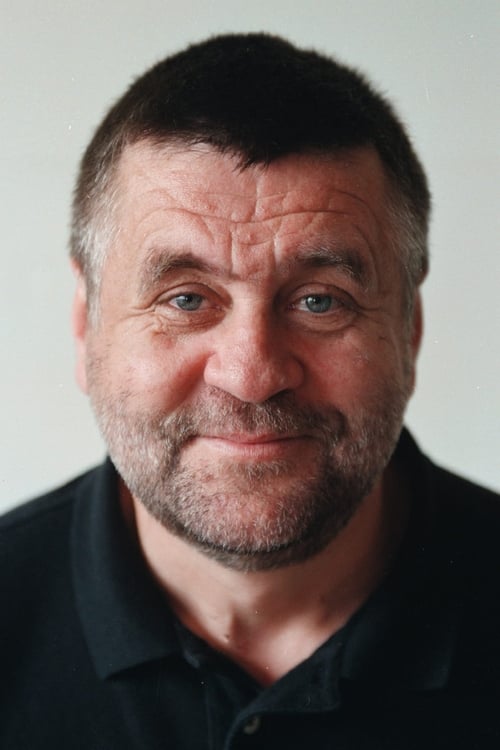
Rajko Grlić
Рајко Грлић
atau dikenal sebagai
Riwayat Hidup
Rajko Grlić (born 2 September 1947) is a Croatian film director, producer and screenwriter.
He is a professor of film theory at Ohio University and artistic director of the Motovun Film Festival in Motovun, Croatia.
Rajko Grlić was born in 1947 in Zagreb, FPR Yugoslavia.
His father was Danko Grlić, a famous Croatian philosopher.
Grlić's family by his father's side came to Zagreb from Schwarzwald, Germany in the 19th century, while his mother Eva (née Izrael) is from a Jewish family in Sarajevo.
He graduated from the Film Faculty of the Academy of Performing Arts in Prague (FAMU) at the same time as Emir Kusturica, a Bosnian film director.
During the Croatian War of Independence, Grlić moved to the USA.
In 2017, Grlić signed the Declaration on the Common Language of the Croats, Serbs, Bosniaks and Montenegrins.
Description above from the Wikipedia article Rajko Grlić, licensed under CC-BY-SA, full list of contributors on Wikipedia.
Info Pribadi
Peran Yang Di Mainkan Rajko Grlić
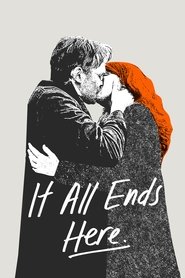 Maks is a brilliant lawyer who...
Maks is a brilliant lawyer who...It All Ends Here 2024
Maks is a brilliant lawyer who has been serving for years one of Croatia’s most powerful and ruthless businessmen, who made his fortune in the aftermath of the Balkan War. Maks’ latest service has been to have his client declared innocent of the murder of two of his workers for acting in self-defense. But the sudden appearance of a former girlfriend triggers a crisis of conscience in Maks, leading him to confront his employer and risk his life by uncovering a dense network of corruption at the highest level involving all branches of the State.
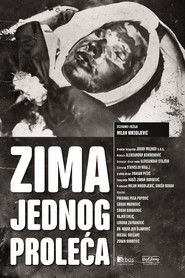 Predrag Popovic Goran Markovic Srdjan Karanovic...
Predrag Popovic Goran Markovic Srdjan Karanovic...Winter of One Spring 2022
Predrag Popovic, Goran Markovic, Srdjan Karanovic, Rajko Grlic and Lordan Zafranovic talk about the Russian intervention in Czechoslovakia in 1968.
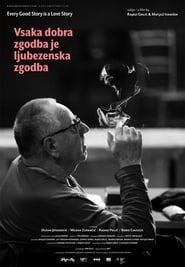 A film about a theatre performance...
A film about a theatre performance...Every Good Story Is a Love Story 2017
A film about a theatre performance and four very notable people behind it: writer and director D. Jovanović, actress M. Zupančič and actors R. Polič and B. Cavazza. This is a story of a love triangle and of a multi-layered, entirely overt intertwining of protagonists’ public artistic personas and their personal lives. The film documents a 4-month process of the making of a theatre piece from the first rehearsal to the opening night, at the same time uncovering the intimate lives of the artists and telling a universal story of the relationship between the real and the imagined, a story of personal and public perceptions of art.
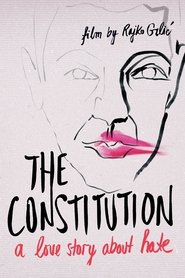 Four very different people live in...
Four very different people live in...The Constitution 2016
Four very different people live in the same building but avoid each other because of differences in how they live their lives, what they believe in, and where they come from. They would probably never exchange a word, but misfortune pushes them towards each other. Their lives entangle in ways that profoundly challenge deep-held beliefs and prejudices surrounding material status, sexual orientation, nationality and religion. Slowly, and even painfully, they begin to open up to each other and recognize the essential humanity each of them possesses.
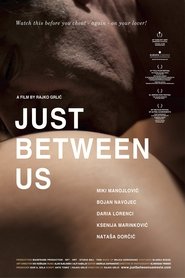 Nikola is a man who knows...
Nikola is a man who knows...Just Between Us 2010
Nikola is a man who knows how to really enjoy life; he's even able to rouse sympathy for his sinful ways. His brother turns a blind eye to his philandering although, with a broken marriage behind him, he doesn't have a clear conscience, either. Is there anything positive to be said about infidelity, or does it simply deserve the utmost contempt, particularly when it's more premeditated than spontaneous?
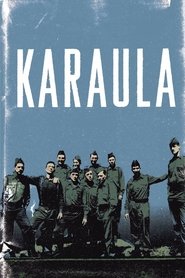 At a small borderpost on the...
At a small borderpost on the...The Border Post 2006
At a small border-post on the Yugoslav-Albanian border, yet another generation of soldiers suffering the usual amount of boredom awaits the end of their service, counting days to the moment when they should take their uniforms off for good. It is the spring of 1987 and the thought never even crosses their mind that they would, in fact, put them back on quite soon and go to war.
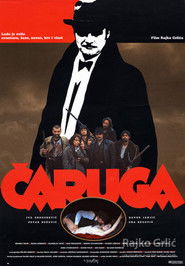 This film is based on the...
This film is based on the...Charuga 1991
This film is based on the true story about Jovan Stanisavljevic alias Charuga, the bandit who became a legend in post-WW1 Slavonia, Croatia.
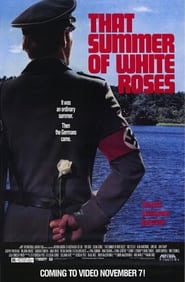 In the summer of 1944 in a...
In the summer of 1944 in a...That Summer of White Roses 1989
In the summer of 1944, in a peaceful resort town in the Nazi-occupied Yugoslavia, an easy-going lifeguard takes in a widow of a partisan and her young son. Their relationship grows until he unknowingly saves a Nazi officer from drowning.
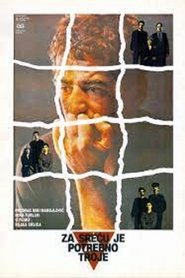 A pretty factory girl falls for...
A pretty factory girl falls for...Three for Happiness 1985
A pretty factory girl falls for an ex con. He's still in love with his ex wife. Love triangle soon becomes even larger.
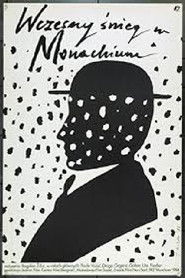 A Croatian guest worker who worked...
A Croatian guest worker who worked...Early Frost in Munich 1984
A Croatian guest worker who worked in Germany for many years, builds a house and a workshop for his 20 year old son back in their country of origin. However the son plans to marry his German girlfriend, and doesn't even think of returning to their land.
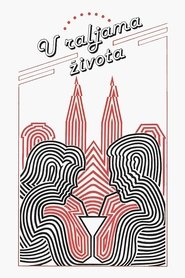 Two parallel tales about two modern...
Two parallel tales about two modern...In the Jaws of Life 1984
Two parallel tales about two modern women. One is Štefica Cvek, average and lonely girl who desperately tries to find the man of her dreams. The other story is about a woman director who is making the movie about Štefica and has the same problem.
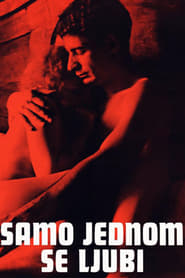 Tomislav is a former Partizan who...
Tomislav is a former Partizan who...You Love Only Once 1981
Tomislav is a former Partizan who continues his struggle after the war as a dedicated member of Tito's secret police. He meets and falls in love with a ballet dancer from a bourgeois family. His love affair with the class enemy and his slow adaptation to the post-war realities could seal his doom.
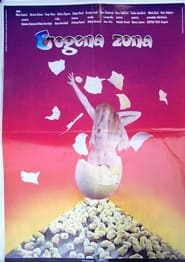 Momcilo Moca Stojisavljevic has just finished...
Momcilo Moca Stojisavljevic has just finished...Erogenous Zone 1981
Momcilo 'Moca' Stojisavljevic has just finished his military service, and is faced with problems like finding a job and a place to live. His old girlfriend is now pregnant and she's about to live with him. Having managed to employ himself in a chicken production factory, Moca becomes fascinated with modern technology, automatism and cybernetics in the plant. By putting 100% of himself into all phases of work and its risks, he exposes his erogenous zones to life and its temptations.
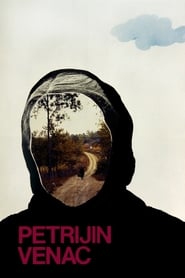 This film takes place in a...
This film takes place in a...Petria's Wreath 1980
This film takes place in a small mining town in Serbia, within a time span covering the prewar, war, and postwar period. A story about tragic life of an illiterate woman from village, about her life with three men she loved. Her life, torn between dreams and reality, is a life of suffering, loneliness, disappointment, hope and love.
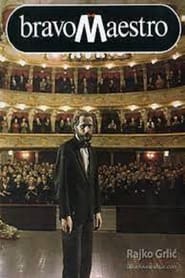 A young man who long ago...
A young man who long ago...Bravo Maestro 1978
A young man who long ago gave over the hard work of being a composer for the easy life of a rich man's son is bamboozled into slapping together a musical production. Having borrowed right and left, and plagiarized the works of a friend, he feels cheap, very cheap. He feels even worse when the awful thing is a success.
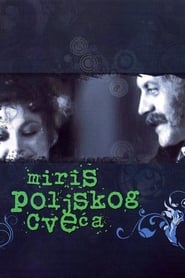 A well known theater and movie...
A well known theater and movie...The Fragrance of Wild Flowers 1977
A well known theater and movie actor, dissatisfied with condition at home and at the theater, suddenly stops the dress rehearsal of a play in which he has one of the main roles, and goes to Danube to visit his friend, a boatman transporting bricks on his small barge from a brick plant in a settlement of poor people to Belgrade. This unexpected action confuses the actor’s environment. Everybody sets out to the Danube in order to find out the real reasons for the actor’s odd behavior and to hear when he will return to normal life. The actor refuses to talk, stating that only known what he does not want! The young director, who earlier started work on filming a portrait of the actor, doesn’t know what to do. The opening night is postponed.
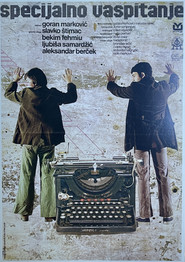 Educator and those educated in a...
Educator and those educated in a...Special Education 1977
Educator and those educated in a home for juvenile delinquents in the same test: approach, take a peek into his soul to become a man. The story of a minor, neglected boys-offenders and their teachers who try to reject the old methods of rehabilitation.
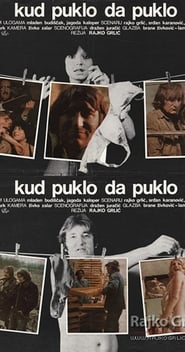 For being unable to find any...
For being unable to find any...If It Kills Me 1974
For being unable to find any decent job, an unconventional young man of working-class background gives up of all sorts of employment, and accompanied by his girlfriend, he tells his story in front of film cameras.
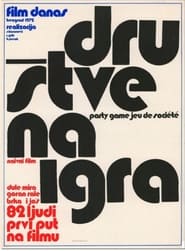 Director of this movie gave an...
Director of this movie gave an...Social Game 1972
Director of this movie gave an advertisement in many Yugoslav papers calling everybody who wants to act in movie regardless of age, look or profession to reply. From 7000 arrived letters, about 30 heroes were picked up for the movie and its story was made based on what they wished to play.
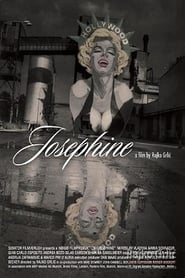 Misadventures of a hapless young man...
Misadventures of a hapless young man...